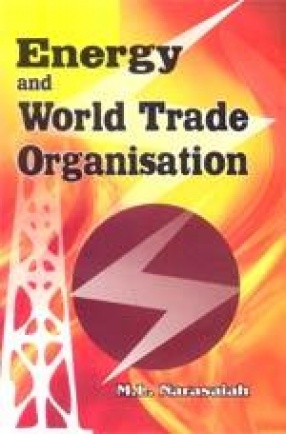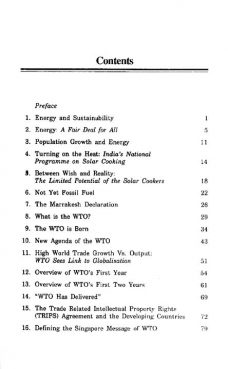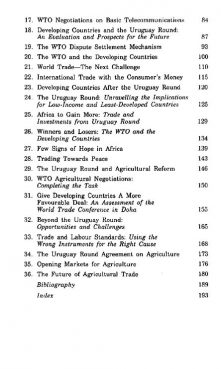Mankind’s history is marked by a growing use of energy which until the end of the industrial revolution came largely from renewable sources. It was coal that fed the furnaces and boilers of the industrial revolution from the end of the seventeenth century to the nineteenth century, and drove railway transport and steamships. As well as being a useful source of mechanical energy, it was also used in the manufacture of coal gas for street lighting and in the chemical industry. In fact, coal was the principal form of energy until 1900. Discoveries at the beginning of the nineteenth century allowed the use of electricity and revealed the relations and the interconvertibility of different forms of energy. The principles of conservation and of energy quality did not become operative until much later. Meanwhile, in 1882, the first system for producing and distributing electricity in a large city was installed. This was the beginning of the second phase in industrialisation through electrification. Following the first successful oil drillings in 1859, standard oil, the first of the modern large scale oil companies, attempted the first vertical structure for overall control of the oil process. It involved extraction from the subsoil, storage, refining and final distribution. Later, the growth of derivates, the lower extraction cost compared to coal and the greater ease and economy of transport made oil modern society’s basic energy source.
Fresh Water Fisheries
$27.00
$30.00











There are no reviews yet.